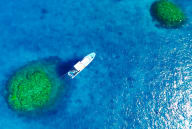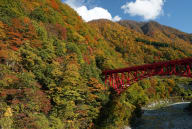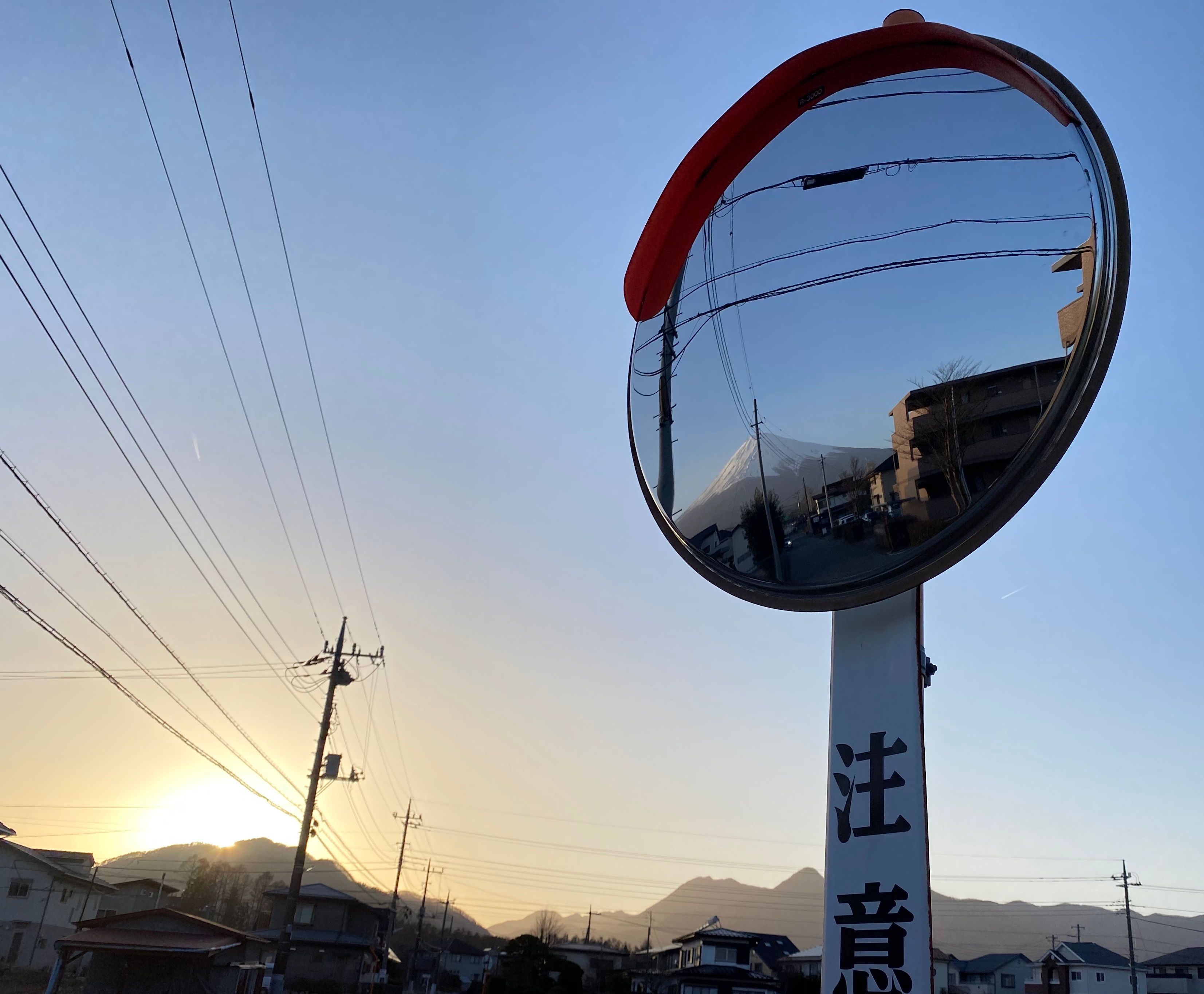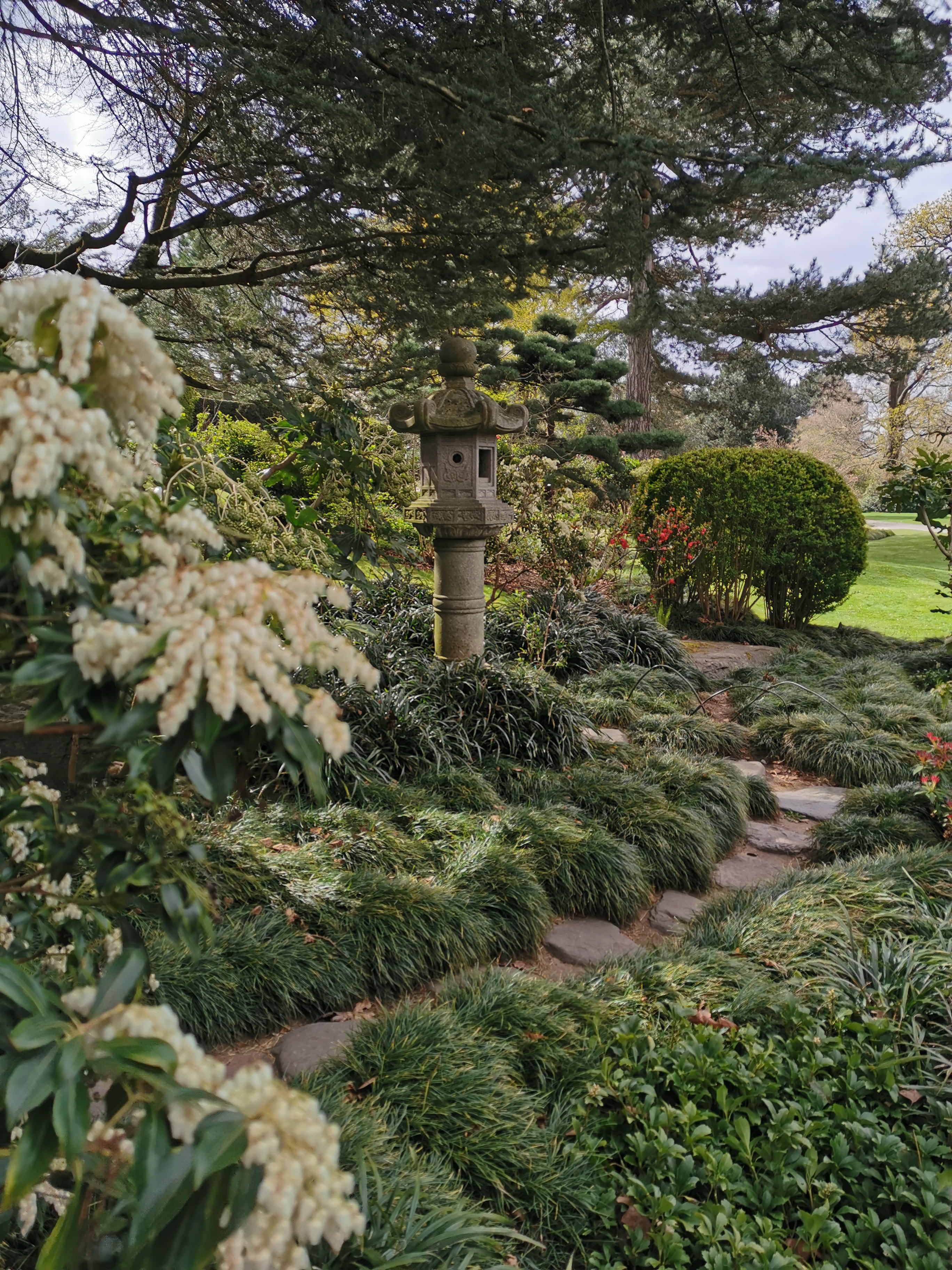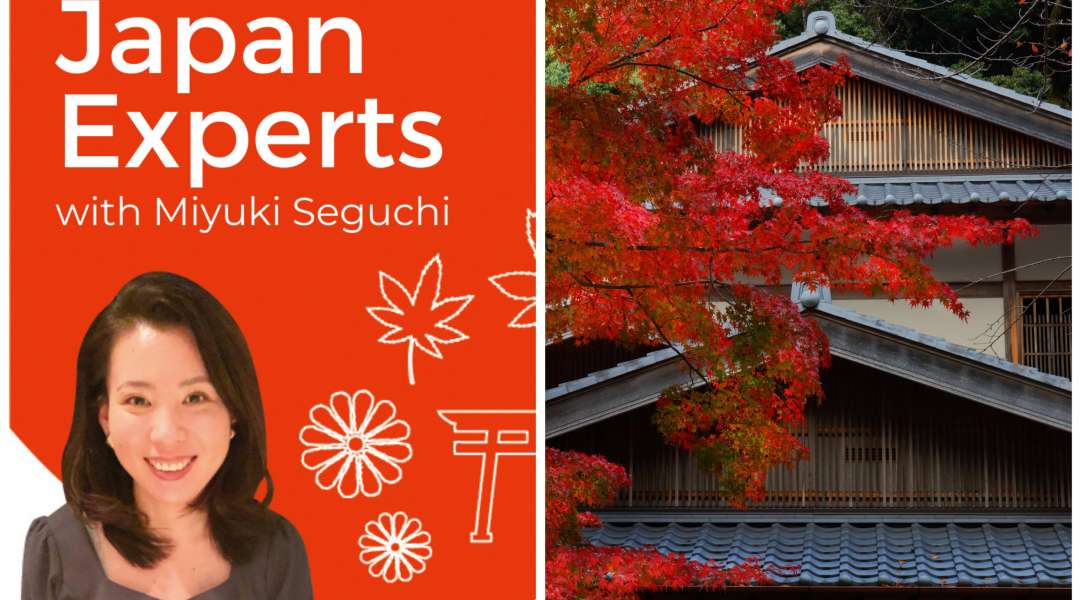
Studying for an incredibly difficult exam to become a licensed guide in Japan made Miyuki realise that there are many hidden meanings in different aspects of Japanese culture she was missing out on before. Inspired by this new way of appreciating Japanese culture she started 'Japan Experts' - a podcast which explores Japanese culture from both local and global points of views. We talked about her journey of re-discovering her own culture and why you need to add Gifu to your Japan-itinerary!
Hi, thanks for talking to us today. Could you tell us a little about yourself?
Thanks for taking the time to speak to me! My name is Miyuki Seguchi. I am a professional communicator, podcaster, and licensed guide, certified by the Japanese government, with almost 15 years of working experience in the journalism and communications fields. Since August 2020, I have been hosting Japan Experts, which is a podcast featuring different aspects of Japanese culture in depth with Japan’s top bilingual specialists. Alongside that, I have worked with local governments in an effort to support their tourism development, especially in the areas of strategy creation, storytelling and promotional activities. Currently, I am working for Nagano City, the host city of the 1998 Winter Olympic Games, and by Miyazu city in the Kyoto by the Sea region, which boasts one of Japan’s three most scenic views, the Amanohashidate sandbar.
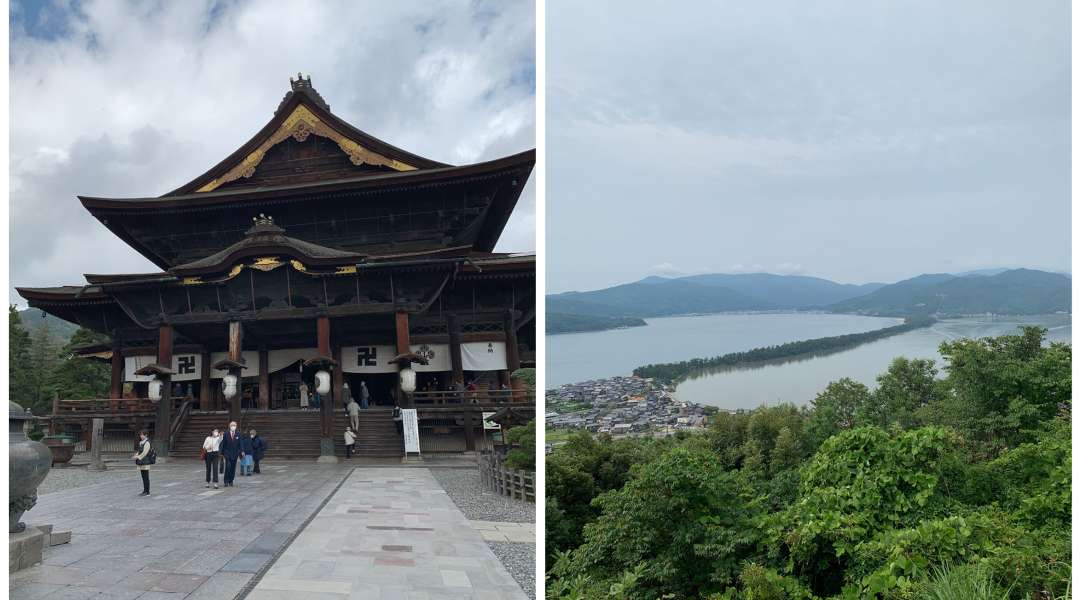
A symbol of Nagano city: Zenkoji temple (left) and Amanohashidate sandbar in Miyazu city of Kyoto prefecture (right)
What inspired you to become a certified guide?
Born and grew up in Gifu, I have always been interested in taking part in Japan’s regional development. Having worked as a journalist and communicator in different industries, I have not only gained bilingual storytelling skills but also found a new desire to convey the beauty of Japanese culture and local resources. And so I gave myself one year to study Japanese culture, history, geography and everything else that’s related to Japan and passed the licensed guide exam.
How did your podcast Japan Experts come about?
During the ten months of my intensive studies, I was truly fascinated by the depth of Japanese culture. I have discovered hidden meanings that exist in many aspects of Japanese culture. With that knowledge, I found myself experiencing Japan in a way that wasn’t possible before.
At the same time, I thought it’s a shame that people don’t usually get to uncover these secrets because the teachings and the practice of traditional culture are often handed down, shared and communicated only in a closed communities of practitioners, artisans and industry specialists. I was personally curious to know how we could experience Japan differently if we had a higher level of knowledge that experts with many decades of experience would have. I thought sharing their wisdom would help us better understand authentic Japanese culture, which is often perceived as something difficult to appreciate.
By doing that, I wanted to support these industries that have been facing many challenges, as people have sought more convenient and efficient ways of living. I understood that there are not many resources in English that explain the depth and the width of Japanese culture from both local and global points of views, so I wanted to create such resources.
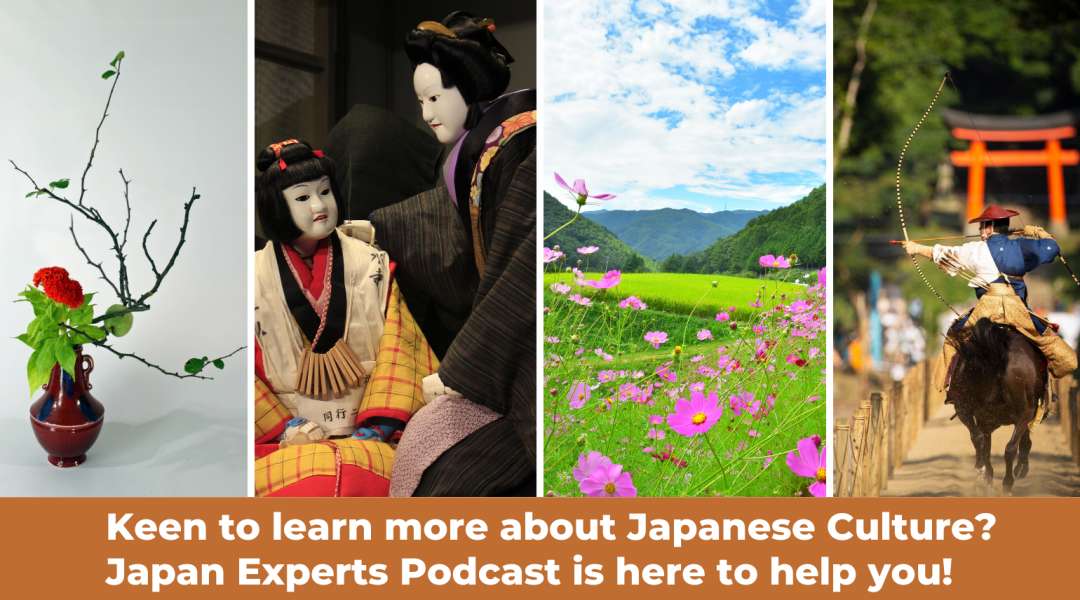
What makes your podcast unique from other podcasts about Japan?
Japan Experts enables the listeners to experience different aspects of Japanese culture through the lens of Japan’s top bilingual experts. By simply listening to the podcast, people can find a profound interpretation of Japanese culture - something that even most Japanese are not familiar with - as every episode covers details of a specific topic and sheds light on the Japanese Way of Life.
With this knowledge, people should be able to experience their travel to Japan on a deeper level, and gain new insight on Japan’s long traditions of sustainable living, which I believe we can all relate to in our lives.
What was your favourite episode to record and why?
So far, the Japan Experts podcast has produced 23 episodes on topics such as Japanese Buddhism, Yakimono Pottery and Martial Arts. It was my great pleasure to speak to every single guest speaker with a wealth of knowledge so it’s hard for me to choose one.
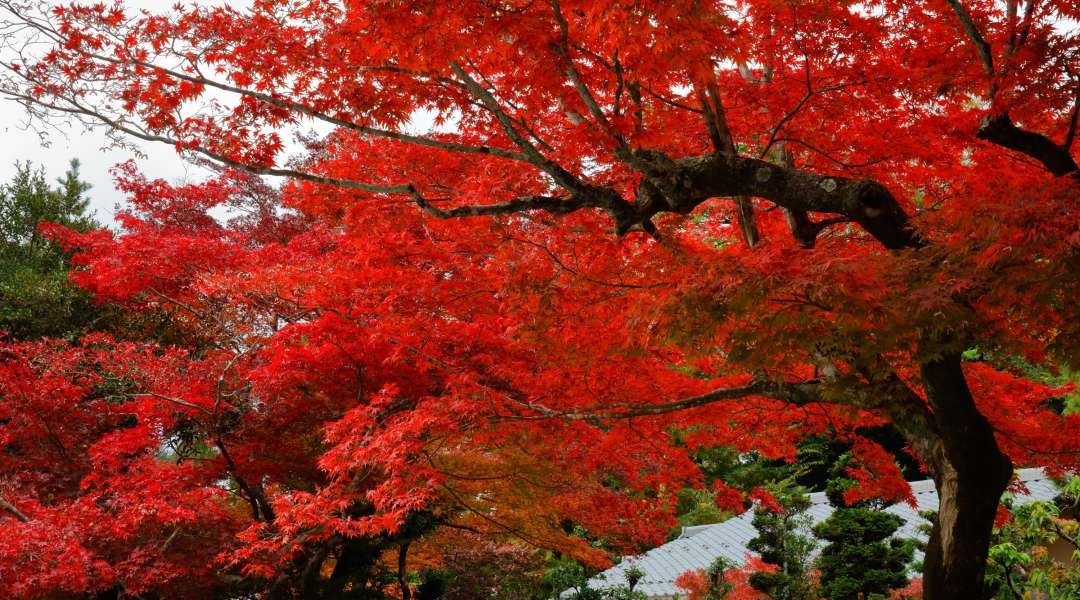
I would suggest people to listen to several different episodes from the most recent ten and find your favourite. You will be thrilled to learn about each guest speaker's passion, dedication and commitment to what they are engaged in, and I’m sure you won’t regret trying it out.
How do you envision the future of Japan Experts?
Over the past year, the Japan Experts podcast has grown and evolved so much thanks to the tremendous support from the listeners, guest speakers and opportunities like this interview. I am so grateful for all the support. It is also my joy to connect and communicate with people who are fascinated by Japanese culture and are keen to learn more about it.
Japanese culture is full of wonders and wisdom. Knowing these would maximise your travel experience in Japan and potentially transform the way you think about life - Japanese culture is closely linked to the way of life.
It would be my honour to continue to help people discover the wonders of Japan through podcasting as well as in-person tours, and serve as a cultural interpreter bridging Japan to the world.
Which off the beaten path spot would you recommend to a first-time visitor to Japan and why?
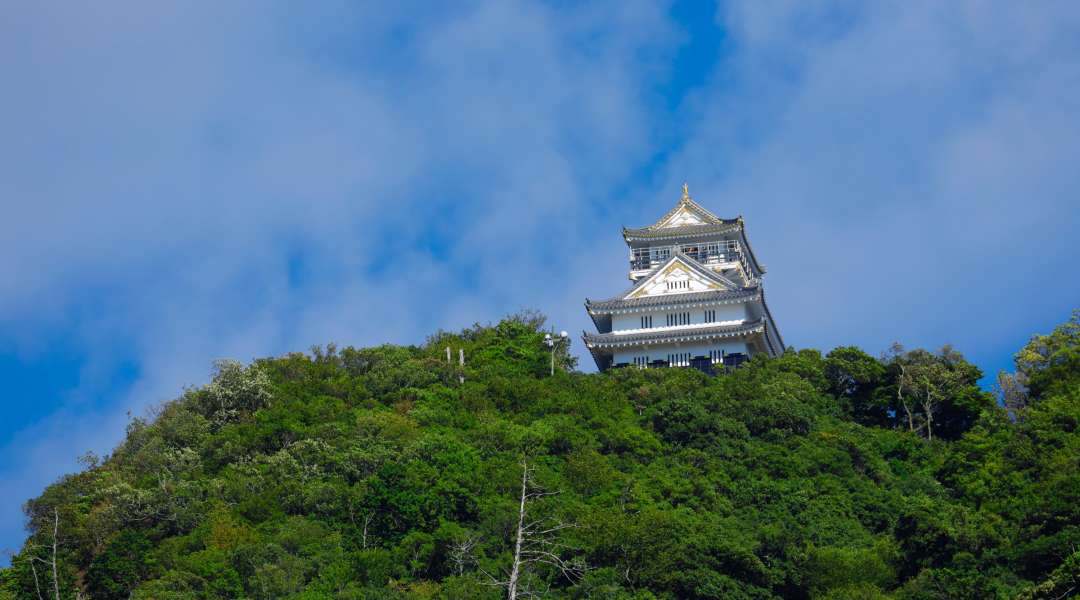
Gifu Castle by ©️Nobutsugu Sugiyama
The so-called golden route is often recommended for first-time travellers. It connects major cities and tourist destinations from Tokyo to Kyoto and Osaka. Located right in the centre of Japan, Gifu is on its route and has rich historical, cultural and natural resources. This is also true for the southern part of Gifu where I am currently based. Widely known as the castle town of Oda Nobunaga, one of Japan’s most famous samurai generals if not the most, Gifu city offers some landscapes that have kept the ambience of the old ages. The Gifu castle and wooden houses in the Kawaramachi district are such examples.
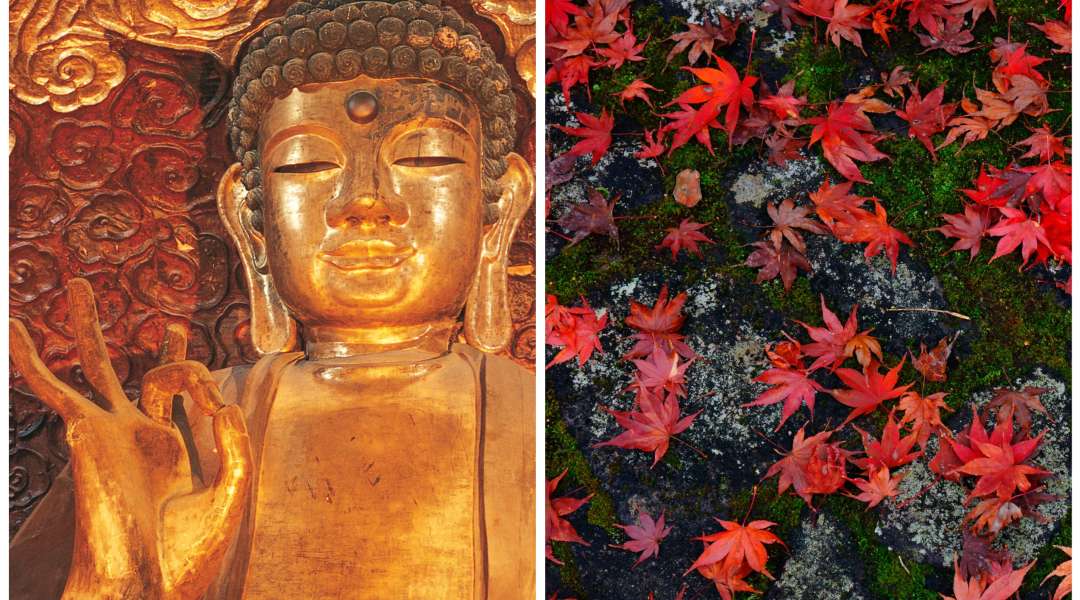
If you have been to Nara and Kamakura to see the Great Buddha, I would recommend visiting the Gifu Great Buddha too. While it hasn’t been as famous as the other two, the Gifu Great Buddha has its own appeal and is covered in gold. If you are looking for night-time entertainment that’s unique to this region, ukai experience is the one you cannot miss. It’s a fish-catching tradition in which fishing masters use trained cormorants to catch fish like sweetfish. You can watch it from a boat where the food is served.
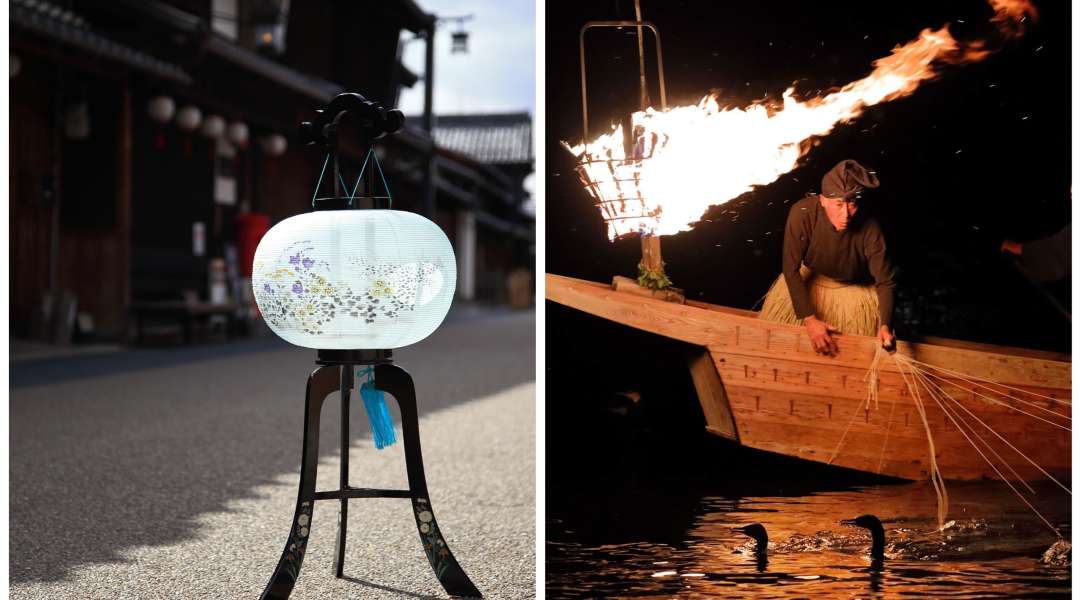
Ukai Experience (right) and Paper lanterns in Gifu city (left)
Ukai Photo by ©️Nobutsugu Sugiyama
Gifu is an inland prefecture but it boasts rich water resources thanks to its vast mountainous land areas and beautiful rivers. River fish dishes are popular in summer and you would be surprised by how many styles one fish could possibly be cooked in- fries, sashimi and salt-grilled to name just a few. Also, Nagaragawa river floating from the north to the south of the region has historically helped washi paper making and paper-made craft item production to flourish. Still nowadays, paper-made lanterns, umbrellas and fans are crafted in the southern part of Gifu.
If you are a culture traveller, you would be keen to visit other cities in the region too. For instance, Seki city is famous for skilled craftsmanship of swords and knives, while places like Tajimi and Toki are the home of both traditional and contemporary pottery including Mino, Oribe and Shino ware.
Having recently returned to Gifu, I enjoy discovering what this region has to offer and hope to share that experience with you too. If you plan to visit Gifu or nearby, please feel free to contact me via social media!
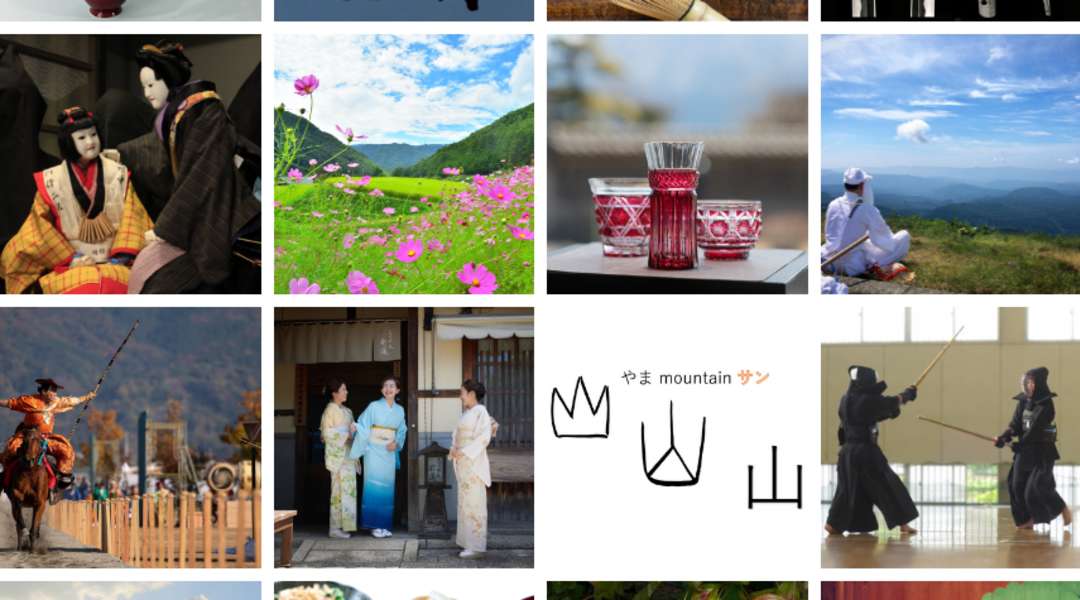
Thank you!
Don't forget to check out Japan Experts Podcast on her website, YouTube, Facebook, Twitter, and Instagram!


















